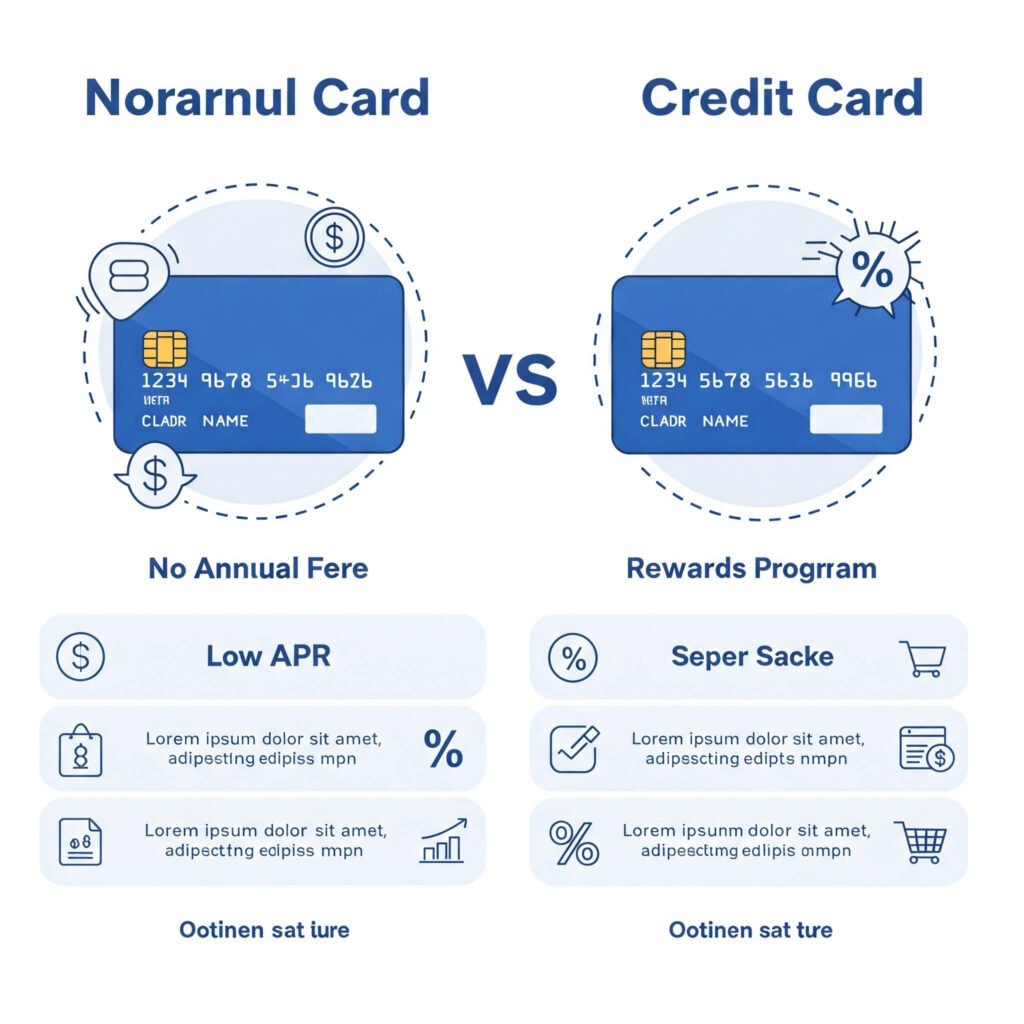Credit cards for beginners are all about low fees, building credit, and avoiding traps—average APRs hit 22.63% for newbies, but secured or student cards dip lower. These tips? Born from my soggy scrolls, late-night app checks, and one mortifying bank call where I misread my limit. Tip from my flops: read the fine print; I skipped it and got slapped with a $35 late fee. Contradiction: I preach caution, yet I applied for a card mid-rainstorm Wi-Fi glitch—chaos vibes.
Tip 1: Check Your Credit Before Picking
Start with your credit score to find credit cards for beginners—free at Credit Karma. Pulled mine during a drizzly night, fan humming, and saw 640—too low for premium cards. Knowing your score picks secured vs. unsecured options; I missed this, applied for a bad fit, got denied—cringe. Pro: narrows choices. Con: facing your score sucks; mine stung. Don’t skip like I did, distracted by a food truck taco spill.

Tip 2: Consider Secured Cards as Credit Cards for Beginners
Secured cards are clutch credit cards for beginners with shaky credit—deposit acts as your limit. Got a Discover It Secured with a $200 deposit, built 20 points in three months. Pro: easy approval, reports to bureaus. Con: upfront cash; I scraped it together post-rent, ouch. Surprising: cashback on a secured card—wild. Check Discover—don’t apply mid-binge like me, salsa on my phone.
- My Rookie Tip : Pick a refundable deposit card; saved me when I upgraded.
- Why It Fit My Mess: Built credit without trusting my impulse buys.
Tip 3: Look for No-Fee
No annual fee credit cards for beginners save cash—key when you’re broke like me. Snagged a Capital One Platinum, 0% fee, 20.49% APR. Pro: no cost to carry. Con: high APR if you carry a balance; I did once, regretted it. Surprising: auto-limit increases after six months. Scope Capital One—forgave my rainy-day app fumble.
Tip 4: Pay On Time to Master Credit Cards for Beginners
Payment history’s 35% of your FICO, so pay on time with credit cards for beginners. Missed a $30 payment during a Portland blackout, score dropped 10 points—facepalm. Set autopay via Experian, saved my butt. Pro: builds credit fast. Con: needs a funded account; I overdrafted once, embarrassing. Tip: add alerts—learned after my phone died mid-cycle.
Outbound Link: Federal Reserve’s Consumer Credit Report

Tip 5: Keep Utilization Low with Credit Cards for Beginners
Utilization—balance vs. limit—is 30% of your score, so keep it under 30% with credit cards for beginners. Maxed a $500 card for a concert, hit 90% usage, score tanked to 625—yikes. Paid to 20%, gained 25 points. Pro: quick boost. Con: tempting to splurge; I still eye vinyl drops. Use Credit Karma to track—helped me chill on impulse buys.

Wrapping My Rant on Credit Cards for Beginners
Whew, spilling this while Portland’s rain taps my skylight like it’s cheering—feels like shaking off a wet jacket. These tips for credit cards for beginners didn’t erase my screw-ups (that concert card max? Still haunts me), but they pushed my score to 670, saved me on loan rates, and hey, I’m not broke yet. Contradiction: I curse credit traps, yet I’m hyped for cashback—peak Portland hustle, right? If you’re in the US grind—bills piling, card dreams calling—vet these credit cards for beginners, read fine print like I forgot to, and dodge my flops.
Outbound Link: NerdWallet’s Credit Card Tips




